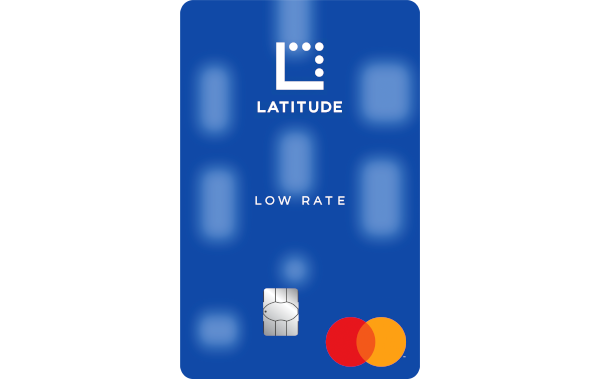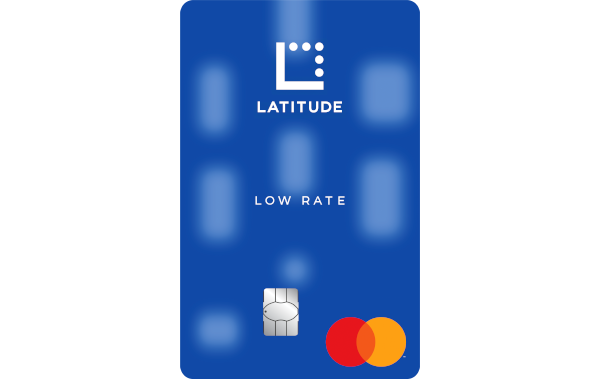- Home
- Credit Cards
- Articles
- What happens if I don’t activate a credit card?
What happens if I don’t activate a credit card?

When you successfully apply for a credit card, the card-issuing company typically sends you an unactivated credit card and expects you to activate it through your online banking account or by calling the card company. Without doing so, you may not be able to transact using the card - which makes not activating the card sound like an easy way to avoid using the card.
However, unless the credit card company deactivates the card themselves, you are exposed to the risk of fraudulent card usage. You can instead activate the card and ask the issuer to cancel the card if you don’t plan on using it at all.
Disclaimer
This article is over two years old, last updated on June 9, 2022. While RateCity makes best efforts to update every important article regularly, the information in this piece may not be as relevant as it once was. Alternatively, please consider checking recent credit cards articles.
Why do I need to activate a credit card?
Activating a credit card is a security measure that prevents its misuse, as you usually need to login into your credit card account, or otherwise confirm your identity to activate it. If the card is sent to the wrong address or person, they would not be able to activate the card or use it.
When credit cards were first introduced, cardholders needed to sign on the back of the card before they could use it. Merchants were required to match this with the customer’s signature at the time of the purchase to verify the transaction. With credit cards now used for digital payments as well, credit card issuers have to take more precautions.
By activating your credit card, you can confirm yourself as a legitimate cardholder, set up additional card protection, and avoid being defrauded.
Will activating or not activating the credit card affect my credit score?
Once you receive the credit card, neither activating the card nor choosing to leave it inactivated can change your credit score. However, once you activate the card and start using it, but miss repaying the card debt in time, your credit score could be negatively impacted. As missing repayment deadlines can also mean having to pay interest on the debt, you may consider budgeting your spending to ensure you can pay off the debt in full each month.
In general, credit card companies check your credit score when reviewing your credit card application, but only with your permission. Note that a single credit inquiry doesn't impact your credit score much but multiple credit checks in a short time could make you appear credit hungry when a future lender or credit provider pulls out your credit report. This might raise a red flag and make it difficult for you to qualify for new credit.
Whether or not your application gets approved doesn’t directly impact your credit score. However, when you are rejected for a credit card, it is recorded on your credit report. When you apply for another credit card immediately after rejection, it might lead to your application getting declined again. It’s advisable to work out why your application was declined and improve that area before applying again to increase your chances of getting approved for a credit card.
What should I do if I don’t want to use the credit card issued to me?
If you’ve received a credit card but don’t want to use it, you can contact the card issuer and request them to cancel the card. In Australia, credit card regulations require card issuing companies to let customers choose either to cancel their card or request a lower credit limit.
You could consider doing so, for instance, if you are worried about racking up too much debt. However, cancelling your credit card or lowering your credit limit could hurt your credit score in some situations, and the right decision for you will depend on your personal circumstances.
You may consider speaking with a financial expert to understand how closing a credit card or reducing your credit limit will affect your credit score or the ability to secure future credit, like a home loan.
How can I increase my credit card limit?
Learn how you can increase your credit card withdrawal limit
Subscribe to our newsletter
By continuing, I accept RateCity's Privacy Policy, Terms of Use and Disclaimer.
Compare credit cards
Product database updated 02 Nov, 2025
Promoted credit cards

NAB Rewards Platinum Card
- Bonus Points
- Apple, Google & Samsung Pay
- Balance transfer
Purchase rate p.a.
20.99%
Annual fee
$195
Australian Credit Licence 230686
Fees & charges apply

ING Orange One Low Rate
- Apple & Google Pay
- Low annual fee
Purchase rate p.a.
12.99%
Annual fee
$48
Australian Credit Licence 229823
Fees & charges apply

Latitude Financial Services Low Rate Mastercard- No Annual Fee Offer
- Special
- Apple, Google & Samsung Pay
- Balance transfer
- Low annual fee
Purchase rate p.a.
13.99%
Annual fee
$69
Australian Credit Licence 392145
Fees & charges apply

ANZ Rewards Black
- Bonus Points
- Apple, Google & Samsung Pay
- Balance transfer
Purchase rate p.a.
20.99%
Annual fee
$375
Australian Credit Licence 234527
Fees & charges apply
Product data updated on 2 Nov 2025












